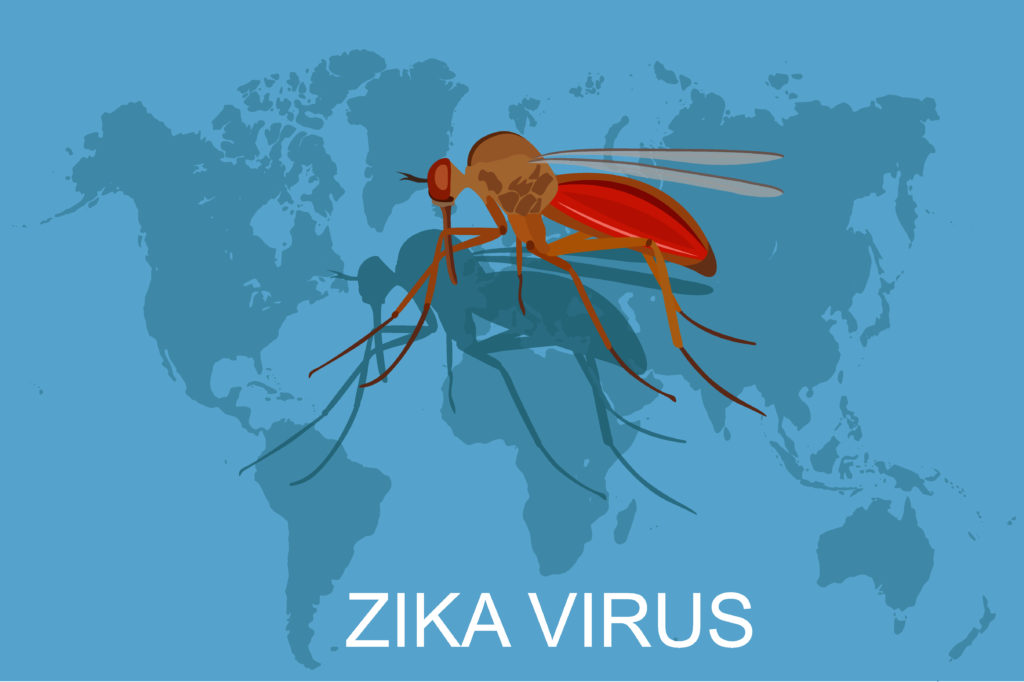
By Lisa Pecos
New evidence from a Brazilian study has the U.S. Centers for Disease Control and Prevention (CDC) urging parents of infants exposed to Zika virus during pregnancy to undergo hearing testing.
The study, published in the CDC’s weekly report on death and disease, showed that approximately 6 percent of the 70 babies studied had hearing loss.
The Study
The retrospective study conducted by researchers at the Hospital Agamenon Magalhães and partners in Brazil assessed 70 infants aged 0 to 10 months between November 2015 and May 2016. All the babies assessed were born with microcephaly and confirmed Zika infection. Microcephaly is birth defect linked to Zika virus, which causes a smaller head size and brain size, which can cause developmental issues and other complications.
Hearing loss is a known side effect of several congenital infections, such as rubella and syphilis. With these infections, babies often appear to have normal hearing in the beginning and progressive hearing loss at checkups later on. For this reason, the CDC is recommending that babies who’ve been exposed to Zika have regular hearing tests, even if there are no obvious signs of hearing loss in the beginning, to detect progressive or delayed hearing loss.
As of August 31, 2016, there were 2,722 confirmed cases of Zika virus in the United States.
Zika May Also Affect Vision
Magnetic resonance imaging (MRI) scans of the brains infants with microcephaly show that calcifications and lesions in the part of the brain responsible for vision and hearing are common. This has researchers recommending that babies exposed to Zika undergo regular vision screening along with regular hearing tests.
Pregnant women are urged to take special precautions to avoid exposure to Zika. These include:
- Avoiding travel to areas with Zika
- Having protected sex if your partner has traveled to an area with Zika
- Preventing mosquito bites
- Seeing a healthcare provider if you may have been exposed to Zika, even if you don’t feel sick
There is currently no vaccine to prevent Zika, though researchers are getting closer.